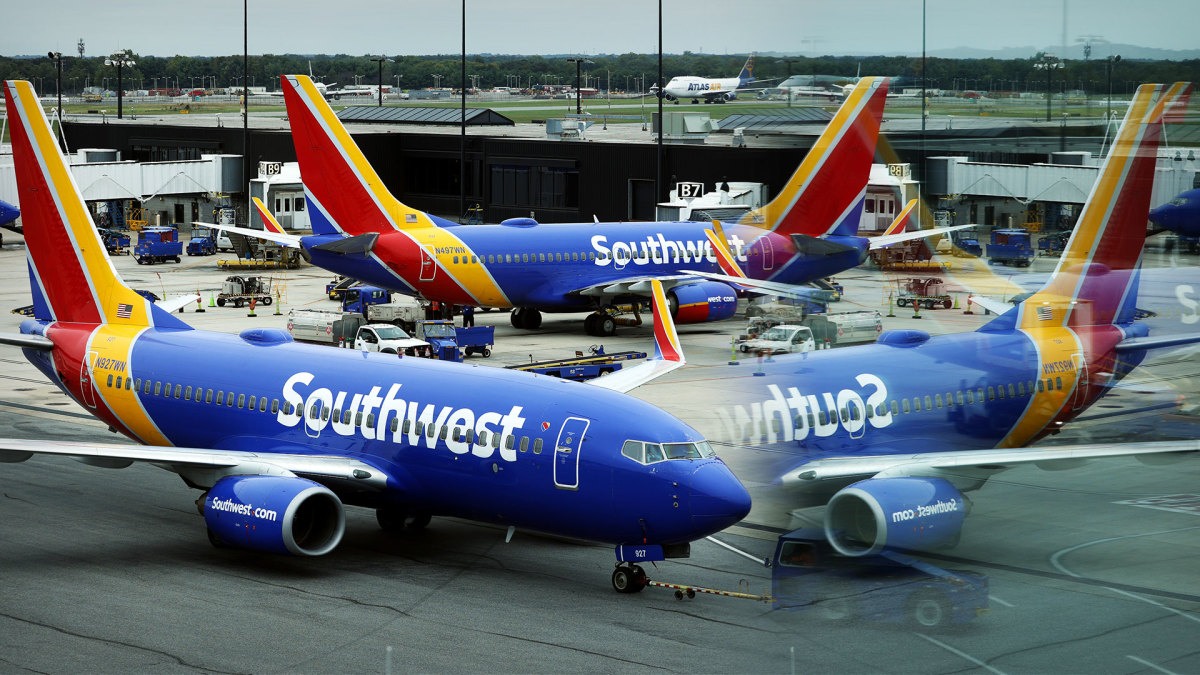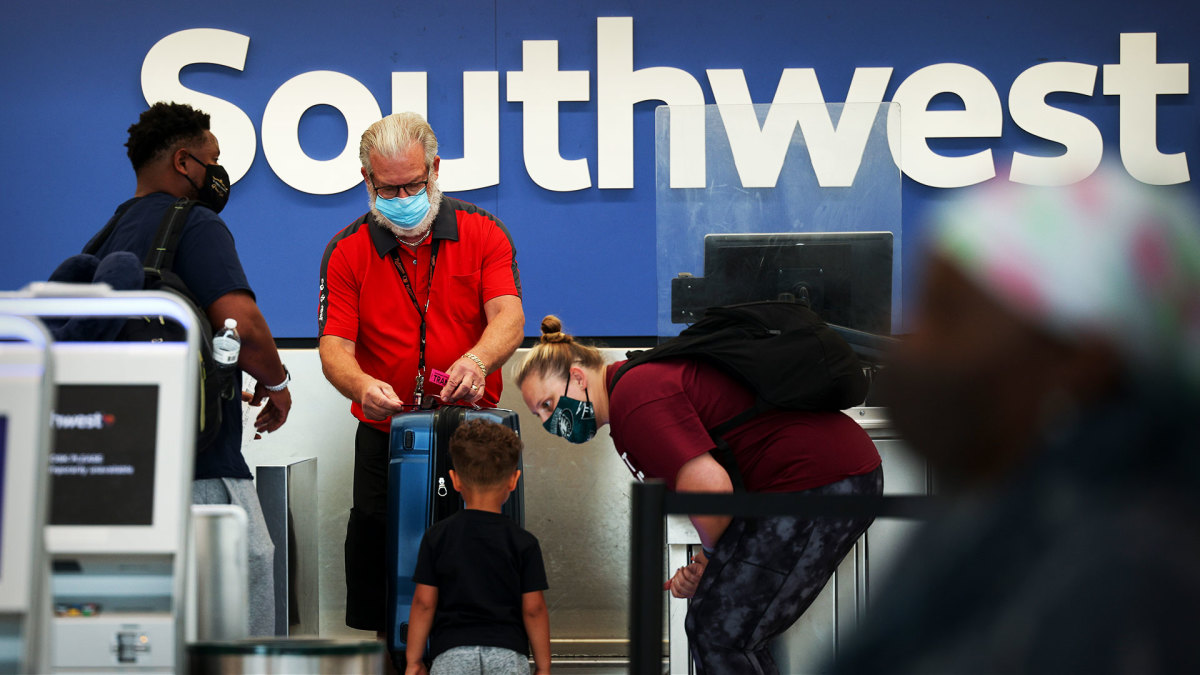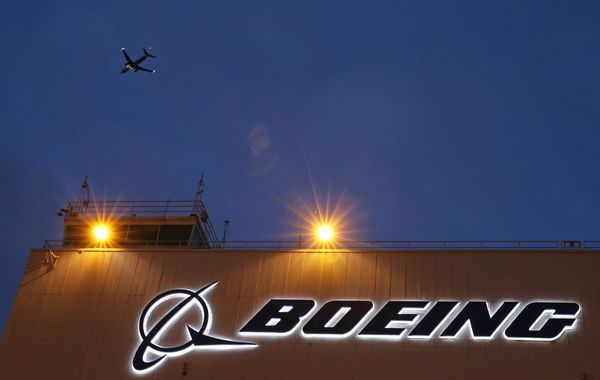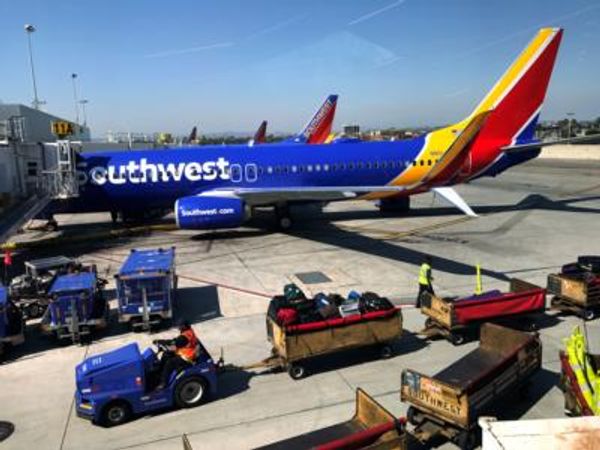
When you fly on an airplane, you commit to spending a period of time where the conveniences and amenities of land aren't available. People generally accept that boarding an airplane means being confined to a small space for hours where your entertainment options are limited to watching videos, reading, or maybe playing games.
It's a bit uncomfortable, with space limited, but most people can handle a bit of discomfort in exchange for getting to their destination much faster than driving or taking a train. In some cases, however, things happen on an airplane that weren't planned.
Related: Popular shoe brand files for Chapter 11 bankruptcy
Airlines plan for this as best they can. Every seat, for example, has an airsick bag to minimize the damage, so to speak, if someone gets ill. In addition, airplanes carry a certain amount of medical equipment onboard.
"All planes are equipped with a first-aid kit, containing common over-the-counter (OTC) medications. Our flight attendants will offer OTC medication to you if the need arises. However, flight attendants will not physically administer medication — whether from the first-aid kit or that you bring with you," Southwest Airlines shared on its website.
In addition all commercial airplanes in the United States must comply with FAA regulations.
All plans must have "at least one approved Automated External Defibrillators (AED), legally marketed in the United States in accordance with Food and Drug Administration (FDA) requirements and at least one approved Emergency Medical Kit (EMK).
The FAA lists a bunch of medical supplies including Epinephrine and Nitroglycerin. Both of those drugs can be used to save someone's life in the event of anaphylactic shock or a heart attack respectively.
Airlines, however, do not have to carry another life-saving drug, but Southwest Airlines (LUV) has followed United Airlines (UAL) and Alaska Airline (ALK) in adding it to the medical kits on its planes.

Image source: Kevin Dietsch/Getty Images
Southwest adds overdose drug
Naloxone, which is sold in an over-the-counter nasal spray under the Narcan name, can quickly reverse the effects of a opioid overdose.
The Centers for Disease Control (CDC) described the product on its website.
"Naloxone is a life-saving medication that can reverse an overdose from opioids— including heroin, fentanyl, and prescription opioid medications—when given in time. Naloxone is easy to use and small to carry. There are two forms of naloxone that anyone can use without medical training or authorization: prefilled nasal spray and injectable," the federal agency shared.
Southwest Airlines has begun the process of adding Naloxone to its planes.
"With customer safety and comfort at front of mind, Southwest is enhancing its onboard emergency medical kits above and beyond current FAA requirements. The new kits, which are being installed throughout our fleet over the course of 2024, feature an auto-injector dosage of epinephrine, as well as doses of naloxone (Narcan) nasal spray and ondansetron (Zofran) tablets," a Southwest Airlines spokesperson shared with TheStreet.
Southwest has an airplane plan
Southwest has been dealing with problems created by Boeing (BA) not being able to keep up with its order book.
During the company's fourth-quarter earnings call, CFO Tammy Romo said Southwest is planning for 79 aircraft deliveries in 2024.
The airline also plans to retire some 45 Boeing 737-700 planes and four 737-800 plans. That should result in a net increase of 30 aircraft, with Southwest's fleet expected to end the year with 847 aircraft.
"Taking our current plan into consideration, we expect our 2024 capex to be in the range of $3.5 billion to $4 billion," she added.
Southwest does have plans to grow its capacity.
"After finalizing our 2024 plans and refining capacity levels to better reflect the current environment, we now expect full-year 2024 capacity to be up about 6% year over year," she said.
The company capacity plans do not currently include any Boeing 737-Max planes flying because of certification issues.
Southwest shares closed Friday up 1.3% at $28.34. The shares are down about 1.9% this year.










